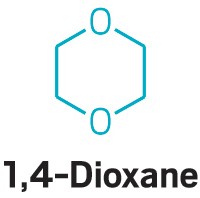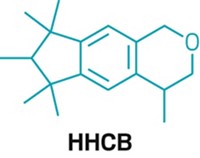Advertisement
Grab your lab coat. Let's get started
Welcome!
Welcome!
Create an account below to get 6 C&EN articles per month, receive newsletters and more - all free.
It seems this is your first time logging in online. Please enter the following information to continue.
As an ACS member you automatically get access to this site. All we need is few more details to create your reading experience.
Not you? Sign in with a different account.
Not you? Sign in with a different account.
ERROR 1
ERROR 1
ERROR 2
ERROR 2
ERROR 2
ERROR 2
ERROR 2
Password and Confirm password must match.
If you have an ACS member number, please enter it here so we can link this account to your membership. (optional)
ERROR 2
ACS values your privacy. By submitting your information, you are gaining access to C&EN and subscribing to our weekly newsletter. We use the information you provide to make your reading experience better, and we will never sell your data to third party members.
A Senate committee has approved a bill (S. 1961) that would require states to set minimum standards for chemical storage facility design, construction, leak protection, and inspection. The measure responds to the Jan. 9 spill of 4-methylcyclohexanemethanol that left 300,000 West Virginia residents without drinking water for days.
Only half of black, Hispanic, and white female doctoral degree holders in science, technology, engineering, and mathematics (STEM) fields end up in academia, according to a report from the American Institutes for Research, a social sciences research group. Beyond academia, this group was more likely to work in government or to leave science altogether than were other STEM degree holders.
The high cost of complying with the European Union’s Registration, Evaluation & Authorisation of Chemicals (REACH) regulation is the most significant trade barrier that small and medium-sized enterprises face in exporting chemicals to the EU, according to a report by the U.S. International Trade Commission.
The rare-earth industry in North America had an economic output of $1.9 billion in 2013, according to an industry trade group report. The analysis from the Rare Earths Technology Alliance shows that its companies shipped $795 million in rare-earth goods last year and employed more than 1,000 workers at a payroll of $116 million.
Rat poison maker Reckitt Benckiser is suing California for banning the sale of its d-CON products. The company claims that the state did not give it proper opportunity to comment on the rule and failed to study alternative products that have no known antidote for accidental exposures.





Join the conversation
Contact the reporter
Submit a Letter to the Editor for publication
Engage with us on Twitter